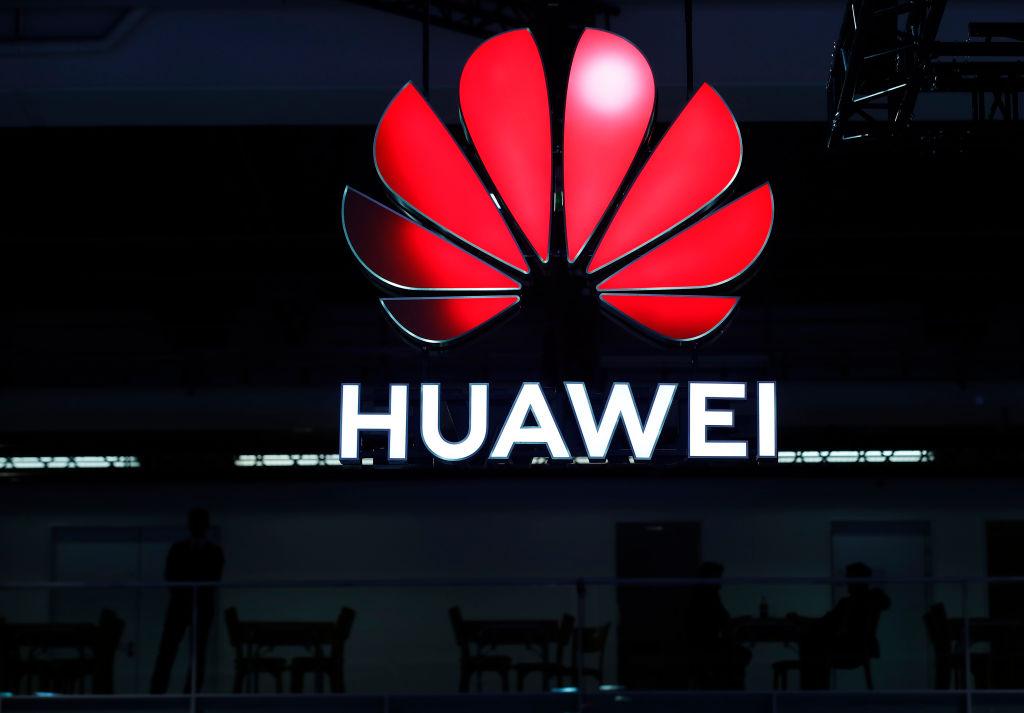Beijing is threatening retaliatory measures against the United States, after the U.S. Department of Commerce announced a new export rule to block Chinese telecommunications giant Huawei from obtaining semiconductors made with U.S. technology.
On May 17, China’s Ministry of Commerce issued a statement, accusing the United States of “abusing export control measures” and “damaging market principles and fair competition” with its new rules on Huawei.





